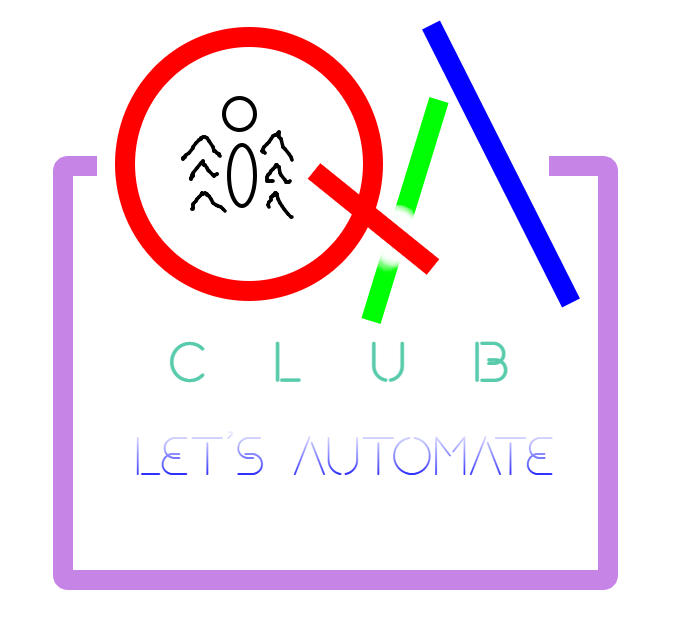How to Stay Ahead in the QA Crowd: Tips from the Community

Quality assurance is a dynamic and competitive field that requires constant learning and improvement. Whether you are a beginner or an experienced tester, you may wonder what skills you need to stay ahead of the QA crowd and remain relevant in the industry.
To answer this question, we looked at a Reddit thread where QA professionals shared their opinions and advice on the essential skills for testers. Here are some of the main takeaways from the discussion:
Automation and performance testing:
These are the most common and in-demand skills for QA roles. Having a basic knowledge of automation tools and frameworks, such as Selenium, Cypress, or Playwright, can help you save time, increase coverage, and enhance reliability of your tests. Similarly, knowing how to use performance testing tools, such as JMeter, LoadRunner, or Gatling, can help you assess the scalability, stability, and responsiveness of your applications under different workloads.
Programming and scripting languages:
While you don’t need to be a full-fledged developer, having some coding skills can make you a more versatile and valuable tester. Depending on the type of testing you do, you may need to learn languages such as Java, Python, JavaScript, C#, Ruby, or SQL. These languages can help you write and maintain automated tests, manipulate data, interact with APIs, debug issues, and create custom tools or scripts for your testing needs.
Soft skills:
Technical skills are important, but they are not enough to make you a successful tester. You also need to have good communication, collaboration, critical thinking, and problem-solving skills. These skills can help you work effectively with your team and stakeholders, understand the requirements and expectations, report and prioritize bugs, provide feedback and suggestions, and find creative solutions to testing challenges.
Domain knowledge:
Having a deep understanding of the business domain and the user needs can help you design and execute more relevant and meaningful tests. Domain knowledge can also help you communicate better with the developers, product owners, and customers, and provide more valuable insights and recommendations. To acquire domain knowledge, you need to research the market, the competitors, the user personas, the user journeys, and the user feedback.
Continuous learning:
The QA field is constantly evolving, with new tools, technologies, methodologies, and best practices emerging every day. To stay ahead of the QA crowd, you need to keep yourself updated and curious about the latest trends and developments in the industry. You can do this by reading blogs, books, newsletters, podcasts, or magazines, taking online courses or certifications, attending webinars, workshops, or conferences, joining online communities or forums, or participating in hackathons or challenges.
These are some of the skills that can help you stay ahead in the QA crowd, according to the Reddit community. Of course, there may be other skills that are specific to your role, project, or organization, so you need to tailor your learning and improvement plan accordingly. The key is to never stop learning and improving, and to always strive for excellence in your testing work.
Happy Testing!!
